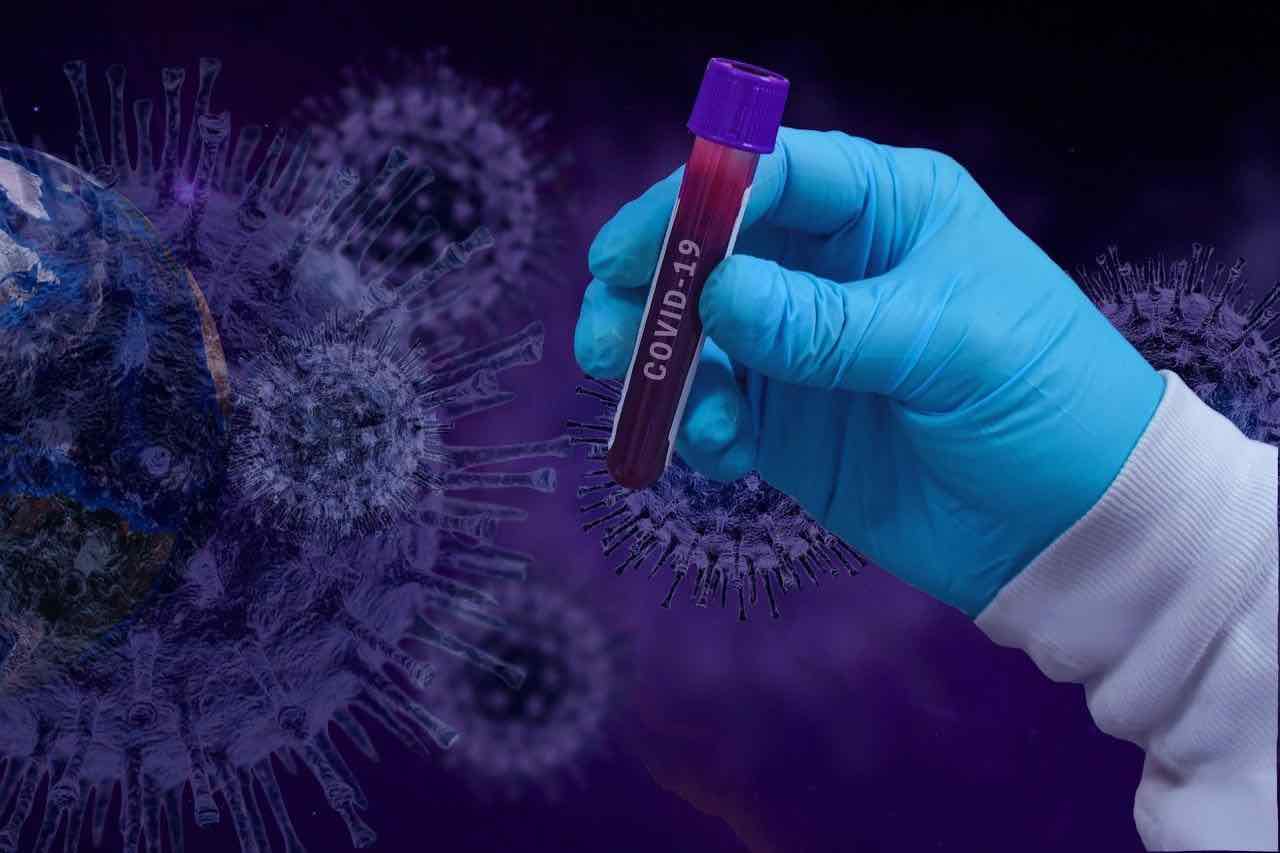According to Shincheonji Church of Jesus, a South Korea-based religious group, over 4,000 members of the church who recovered from COVID-19 are willing to donate plasma for developing a new treatment.
Mr. Man Hee Lee, founder of the Shincheonji Church, said that members of the church are advised to donate plasma voluntarily. “As Jesus sacrificed himself with his blood for life, we hope that the blood of people can bring positive effects on overcoming the current situation,” said Mr. Lee.
Read More